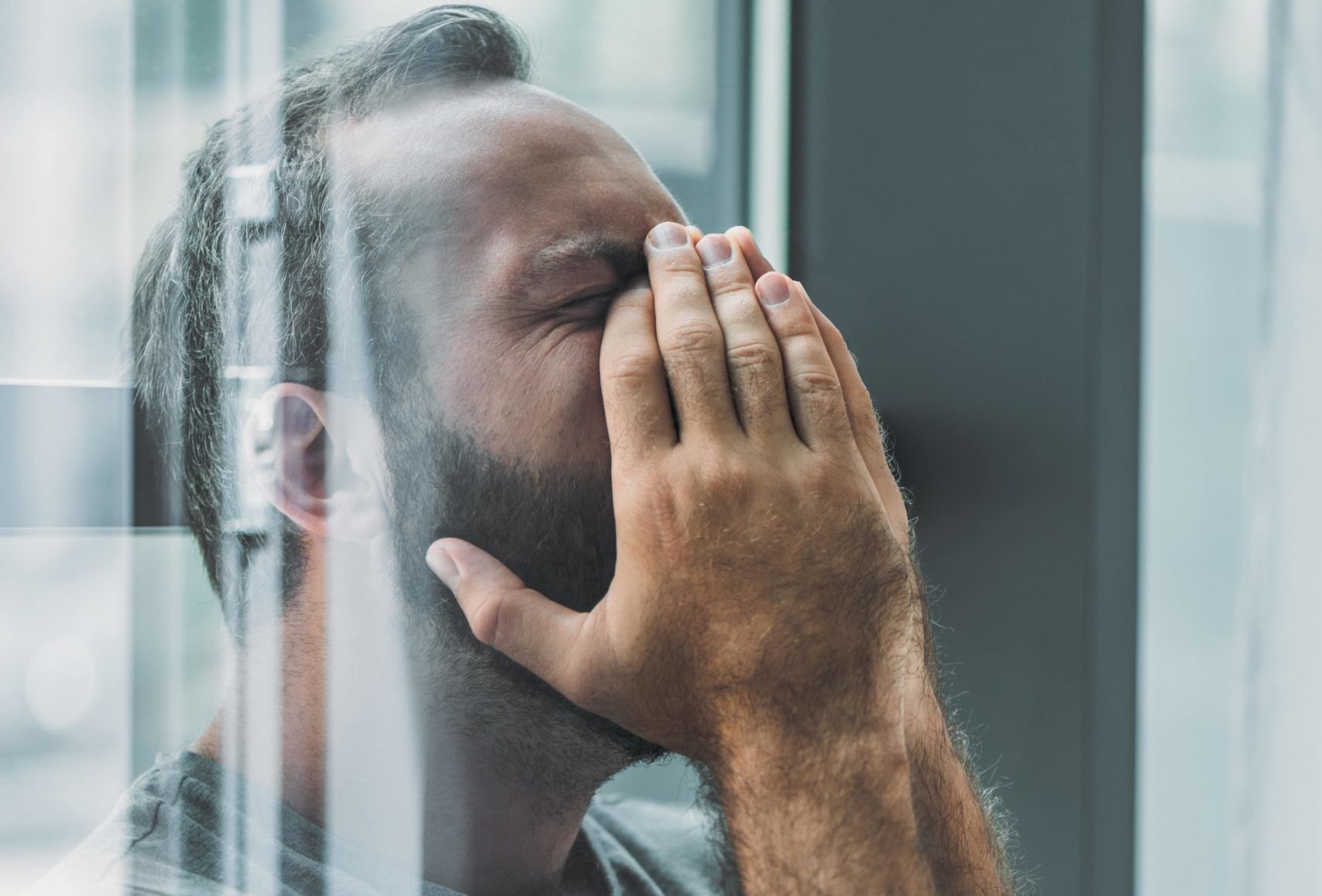With October being National Depression Education and Awareness Month, it is important to understand depression can occur to anyone at any time. Depressive symptoms can occur, which leads a person to addiction. Conversely, addiction can lead to depression. No matter how your depression started, it is essential to know how to manage your depression in addiction recovery.
What Is Depression?
The American Psychiatric Association defines depression as a common and serious mental health disorder that negatively impacts how your feel, think, and act. You can experience feelings of sorrow and sadness or lose interest in hobbies and activities you used to enjoy. You may even withdraw emotionally and physically. Fortunately, depression is treatable.
Signs and Symptoms of Depression
To be diagnosed with depression, you must experience the signs and symptoms of depression for a minimum of two weeks or longer. However, the signs and symptoms could alleviate where you feel better, only to return again later.
In addition, certain medical conditions can mimic various signs and symptoms of depression, such as vitamin deficiencies and thyroid problems. So, it is crucial to rule out medical conditions before being diagnosed with depression.
It is equally important to remember depression signs and symptoms can range from mild to more severe, depending on the person. Keeping this in mind, the most common signs and symptoms that could indicate depression include:
- Changes in eating habits and appetite.
- Feeling blue, sad, and depressed.
- A lack of energy, and increased sleepiness.
- Losing interest in hobbies and activities you enjoy.
- Not wanting to be around others.
- Experiencing a sense of worthlessness.
- Believing your friends and family would be better off if you were no longer around.
- Forcing yourself to work and take care of family obligations even though you do not want to.
- Having difficulties experiencing happiness and joy.
The Link Between Depression and Substance Abuse
Depression and substance abuse often go hand-in-hand and result in a co-occurring disorder. For example, some people may start misusing substances or alcohol as a means to cope with their depressive signs and symptoms.
When they are under the influence of substances, they can experience periods where they feel like their old selves. However, self-treating depression by using drugs or drinking only makes things worse. When the effects of the substance wear off, the depressive symptoms are often more intense and severe.
Conversely, addiction and regular substance misuse can cause a person to stop caring about anything except being able to drink or use drugs. Their ongoing substance misuse causes chemical changes in the brain, where it becomes dependent on the substance.
Additionally, they will stop taking care of their emotional and physical needs. As a result, they are more likely to start to experience depressive symptoms when the effects of the substance wear off.
As you can see, it does not matter whether depression or substance abuse comes first. Ultimately, the longer one misuses alcohol and drugs, the more one will experience co-occurring disorders. Therefore, once they start addiction treatment, they will have to learn how to effectively manage depression in addiction recovery.
Coping Strategies for Depression in Addiction Recovery
Treat Both Conditions Simultaneously
It is vital that your rehab addiction treatment plan include treatment for both depression and addiction. Treating one or the other will only result in a relapse later.
Put Your Needs First
It is okay to be a bit selfish and take care of your mental, spiritual, and physical needs before taking care of others. You can do this by practicing self-care and incorporating various things into your daily routines, such as exercise, meditation, soaking in a hot bubble bath, reading your favorite book, or watching your favorite TV show or movie.
Stick to an Established Daily Routine
Part of managing depression in addiction recovery is creating and following an established routine. You should wake up and go to bed at the same time every day. During the day, you should have a set schedule you follow, whether it is going to work, shopping, attending support meetings, cleaning, journaling, or eating healthy meals at the same meal time.
Follow a Healthy Diet
Your physical health is directly related to your mental health. While exercising daily can be a good start, you should also make healthy choices about your diet and the foods you eat. You need to have a well-balanced diet that provides the nutrition you need to get the vitamins and minerals your body needs.
Get Sufficient Quality Sleep
According to the Sleep Foundation, adults should get between seven and nine hours of quality sleep each evening. So, suppose you find yourself dozing off during the day, having problems focusing and concentrating, and finding it difficult to get out of bed. In that case, you need to talk to your healthcare provider about what you can do to improve the quality of your sleep.
Find Treatment for Depression and Addiction Recovery in Beverly Hills, CA
At MD Home Detox, we can help you safely detox from drugs or alcohol from the comfort of your home while also treating your depression. Our concierge-level treatment programs are tailored to your specific needs to ensure you are well cared for as you start recovery. For further information about our at-home co-occurring treatment options, please contact us today.

